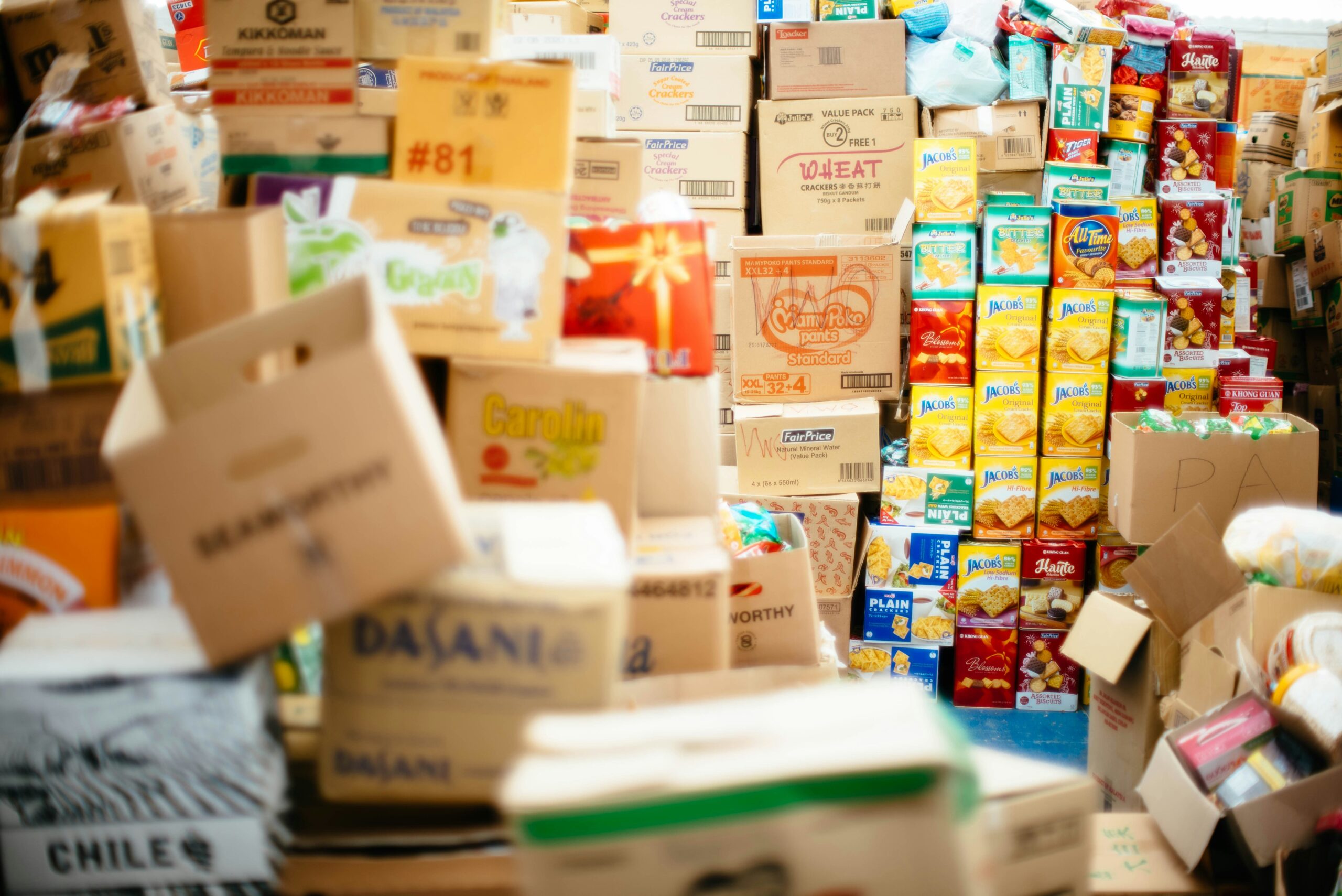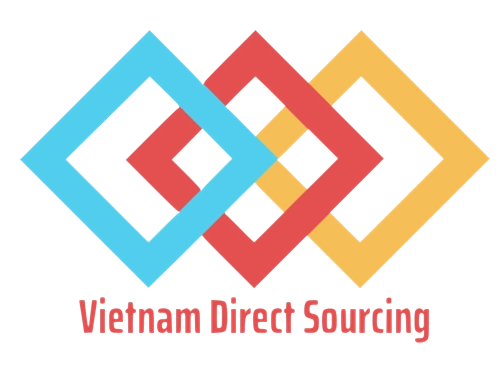





Documents Required for Logistic Legalities in Vietnam: A Quick and Easy Guide
 Dealing with logistics paperwork is about as fun as waiting in a traffic jam. But, like traffic, it’s something you can’t avoid when shipping goods internationally.
Dealing with logistics paperwork is about as fun as waiting in a traffic jam. But, like traffic, it’s something you can’t avoid when shipping goods internationally.
The good news? Once you know which documents are needed, the process becomes a lot smoother. In Vietnam, getting the paperwork right means avoiding costly delays, shipment rejections, and logistical nightmares.
Here’s a quick guide to the essential documents required for logistics legalities in Vietnam. Grab a cup of coffee, and let’s dive in.
1. Commercial Invoice: Your Shipment’s ID Card
Think of the Commercial Invoice as your shipment’s ID card. It details the transaction between the buyer and seller, listing everything from contact information to product descriptions, prices, and payment terms. Vietnamese customs will use this document to calculate duties and taxes, so getting it right is crucial.
Pro tip: Double-check everything on the invoice—mistakes here could lead to longer waits at customs, and nobody wants that.
2. Bill of Lading (B/L): Proof Your Goods Are on the Move
The Bill of Lading (B/L) is like your shipment’s boarding pass. Issued by the carrier, it proves that the goods have been handed over and are being transported. It includes important details like the description of goods, shipping route, and terms of transportation. In Vietnam, this document is essential for both customs clearance and shipment tracking.
There are two types: negotiable and non-negotiable. Make sure you know which one your shipment requires—think of it as choosing between an aisle or window seat!
3. Certificate of Origin (C/O): Proving Where Your Products Are From
The Certificate of Origin (C/O) certifies where your products were made. This document can help you get reduced tariffs under Vietnam’s many trade agreements, such as the CPTPP or EVFTA. You can obtain the C/O from the Vietnam Chamber of Commerce and Industry (VCCI) or other authorized bodies, but make sure your goods meet the origin criteria to avoid any unwelcome surprises at customs.
4. Packing List: What’s in the Box?
Ever ordered something online and couldn’t wait to rip open the box to see what was inside? Well, customs officials in Vietnam feel the same way about your shipment. The Packing List details every item in the shipment, including quantities, weights, and dimensions. It helps customs officials verify that what’s listed on the Commercial Invoice matches what’s actually in the shipment.
 The Packing List helps customs verify the contents of your shipment, so accuracy is key.
The Packing List helps customs verify the contents of your shipment, so accuracy is key.
Keep the Packing List organized, and make sure it matches with the invoice—no one likes unexpected surprises!
5. Import/Export License: Permission to Trade Certain Goods
In Vietnam, some goods require an Import or Export License before they can cross borders. This is particularly true for regulated products like electronics, chemicals, and medical equipment. Issued by the Ministry of Industry and Trade (MOIT), this license is a must for certain items, so be sure to check if your goods fall under this category.
Skipping this step is like trying to board a plane without a passport—don’t do it!
6. Customs Declaration: Your Shipment’s Official Welcome
The Customs Declaration is the formal document submitted to Vietnam’s customs authorities, giving them all the details about your shipment. It includes information like the value, type, and tariff classification of the goods. This is typically submitted electronically through Vietnam’s e-customs system, which speeds up the process—just be sure everything is accurate!
Submitting an incorrect Customs Declaration is like giving the wrong address to your delivery driver—it’ll cause delays.
7. Quarantine or Health Certificates: For Food, Plants, and Animals
If you’re shipping food, plants, or other perishable goods, you’ll need Quarantine or Health Certificates to prove that the products meet Vietnam’s health and safety standards. Issued by the relevant authorities in the country of origin, this document ensures that your shipment passes the health inspection at customs.
No certificate? No entry. Simple as that.
Final Thoughts
Getting your logistics paperwork in order might not be the most glamorous part of running a business, but it’s essential. From the Commercial Invoice to the Customs Declaration, every document plays a vital role in ensuring your shipment moves smoothly through Vietnam’s legal system.
At Vietnam Direct Sourcing, we help businesses navigate the logistics process seamlessly, ensuring all paperwork is handled correctly so you can focus on growing your business. Ready to simplify your logistics? Contact us today!
Learn more about this topic on our podcast!
Want to dive deeper into this subject? Check out our latest podcast on this subject on Spotify, where we explore this topic and so much more! Whether you're on the go or relaxing at home, tune in for insights, tips, and discussions that bring our blog topics to life.


Leave a comment
Your email address will not be published. Required fields are marked *